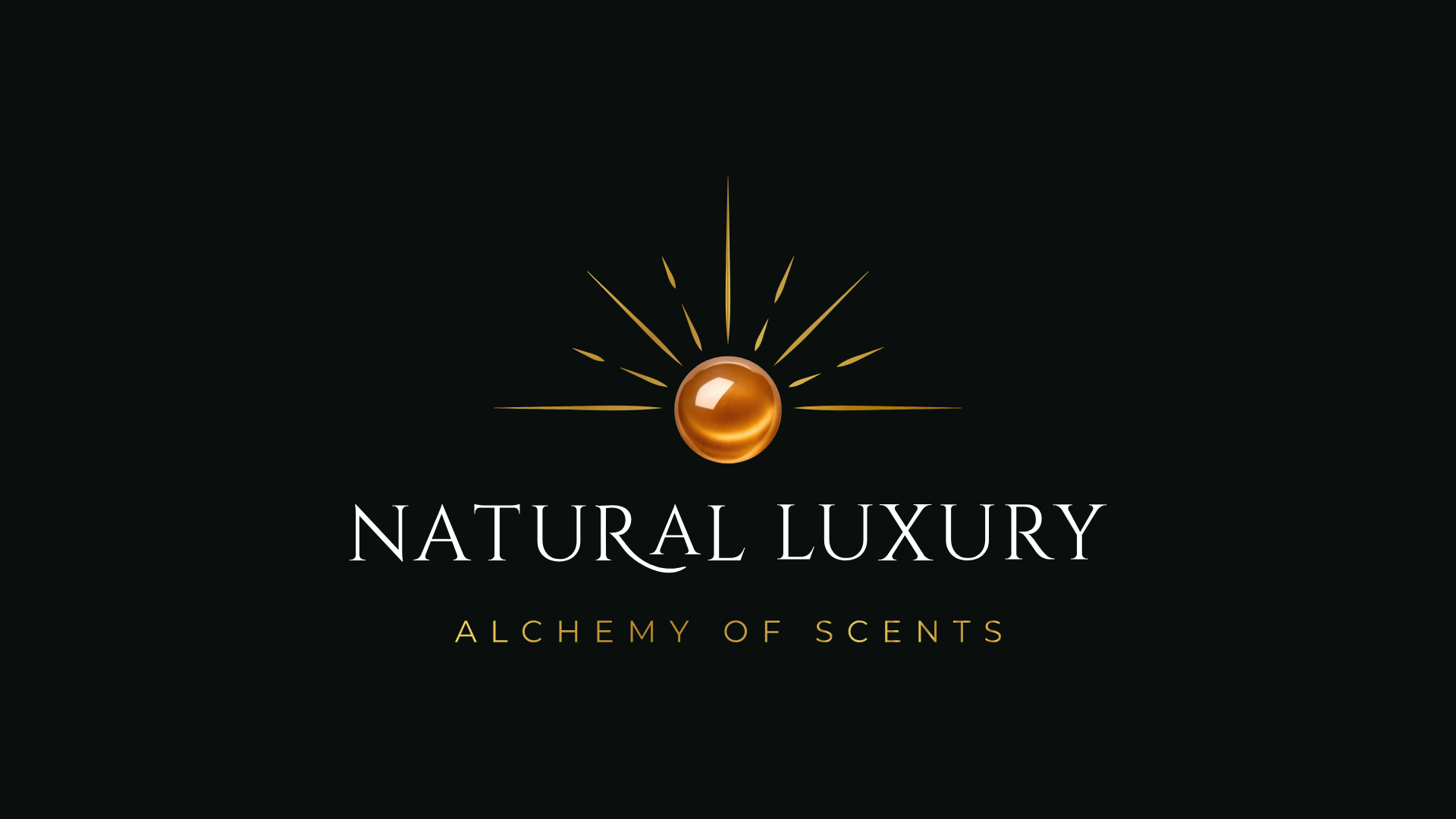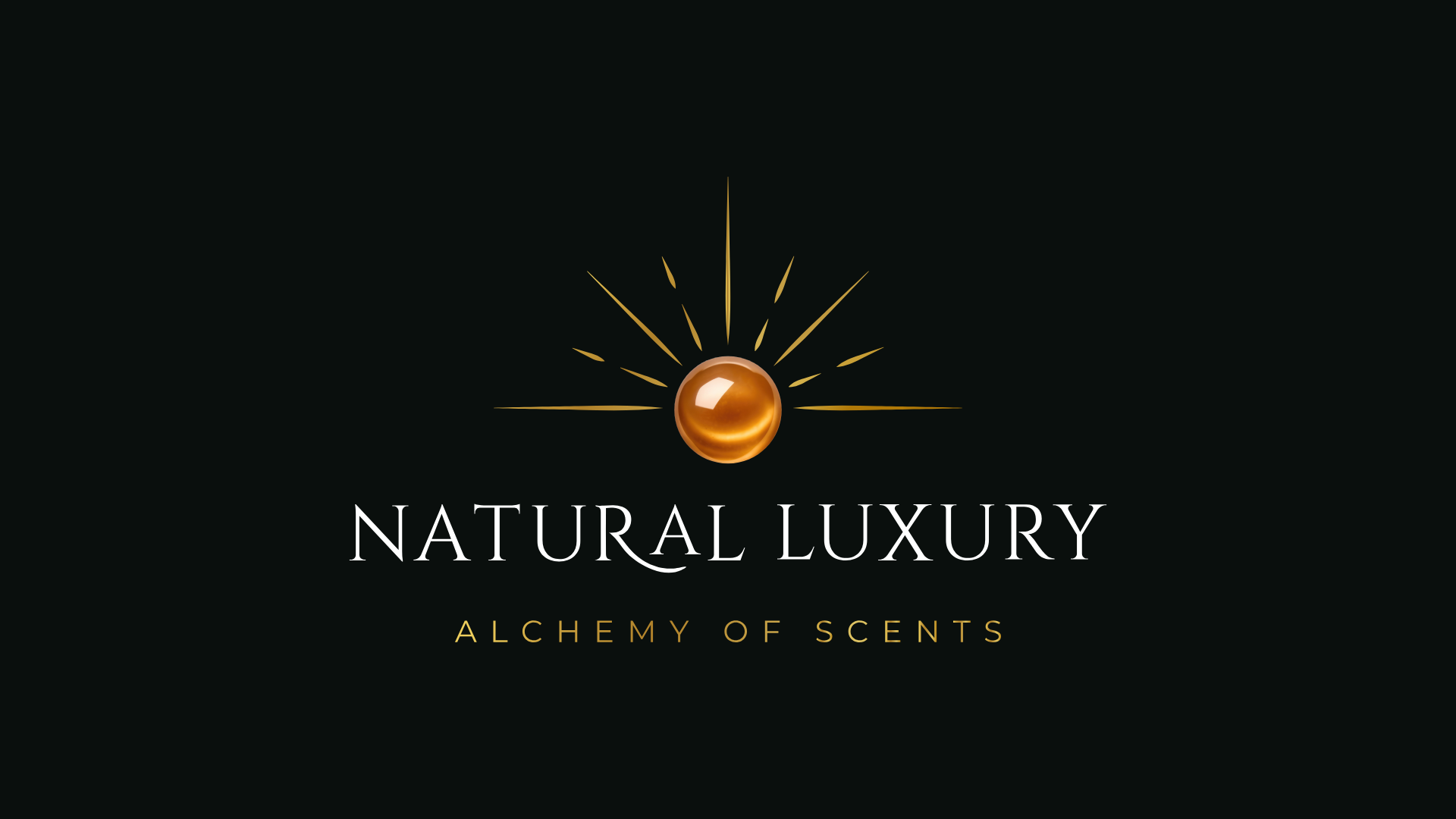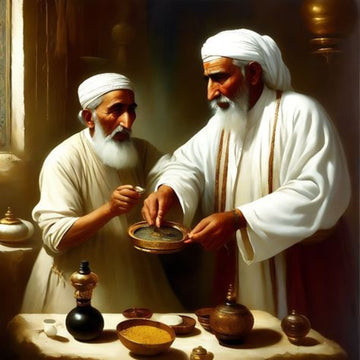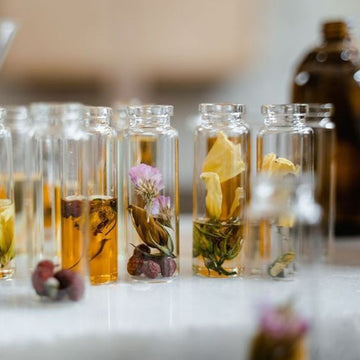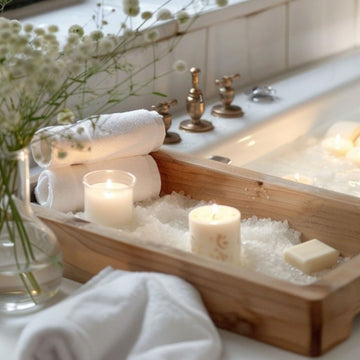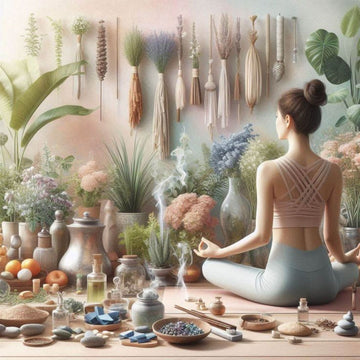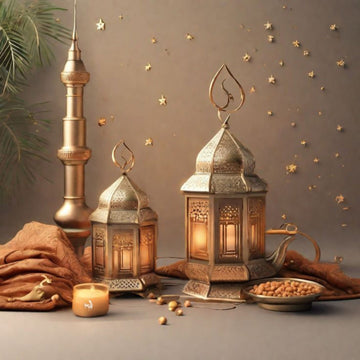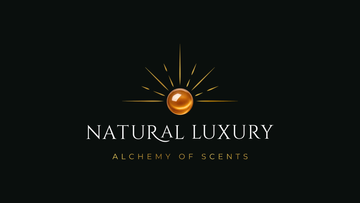Fragrances hold a deep and enduring significance in Emirati culture, where they are woven into the fabric of daily life, traditions, and celebrations. From the rich, smoky scent of oud to the soothing aroma of frankincense, scents are not just a matter of personal preference in the UAE—they are a reflection of heritage, identity, and hospitality. The use of fragrances in Emirati culture is a practice that has been passed down through generations, evolving over time but always retaining its cultural importance.
The history of fragrances in the UAE dates back centuries, with the use of aromatic substances such as oud, frankincense, and myrrh playing a central role in both religious and social practices. Oud, often referred to as "liquid gold," is derived from the resinous heartwood of the agarwood tree and has been treasured for its rich, complex scent. In Emirati culture, oud is not just a fragrance—it is a symbol of luxury, refinement, and tradition. It is commonly used during special occasions, such as weddings and religious ceremonies, as well as in everyday life to welcome guests and create a warm, inviting atmosphere.
Frankincense, another scent deeply embedded in Emirati culture, has been used for centuries in religious rituals and as a natural remedy for various ailments. The burning of frankincense is a practice that continues to this day, often used to purify the air, ward off negative energy, and promote a sense of peace and tranquility. In many Emirati homes, the soothing scent of frankincense is a familiar presence, creating a calming environment that reflects the spiritual and cultural values of the household.
In addition to oud and frankincense, other traditional scents such as rose, sandalwood, and jasmine are also highly valued in Emirati culture. These fragrances are often used in personal care products, perfumes, and home fragrances, each carrying its own unique symbolism and significance. For example, rose is associated with love and beauty, while sandalwood is revered for its calming and meditative properties.
The use of fragrances in Emirati culture extends beyond personal and home use—it is also an important aspect of hospitality. In the UAE, it is customary to offer guests a warm welcome with the scent of bukhoor, a blend of aromatic wood chips soaked in fragrant oils. The burning of bukhoor is a gesture of hospitality and respect, symbolizing the host's desire to create a pleasant and inviting environment for their guests. This tradition is a testament to the deep cultural significance of scents in Emirati society.
In modern times, the role of fragrances in Emirati culture has evolved, with a growing preference for natural and luxury scents that align with contemporary wellness and sustainability values. While traditional scents like oud and frankincense remain cherished, there is also a growing interest in natural luxury fragrances made from sustainable ingredients. These modern scents offer a blend of tradition and innovation, appealing to the sophisticated tastes of today’s Emirati consumers.
The cultural significance of fragrances in the UAE is a reflection of the country’s rich heritage and the deep respect for tradition that continues to shape daily life. Whether used in personal care, hospitality, or religious practices, scents are an integral part of Emirati culture, carrying with them a sense of identity, history, and belonging.

